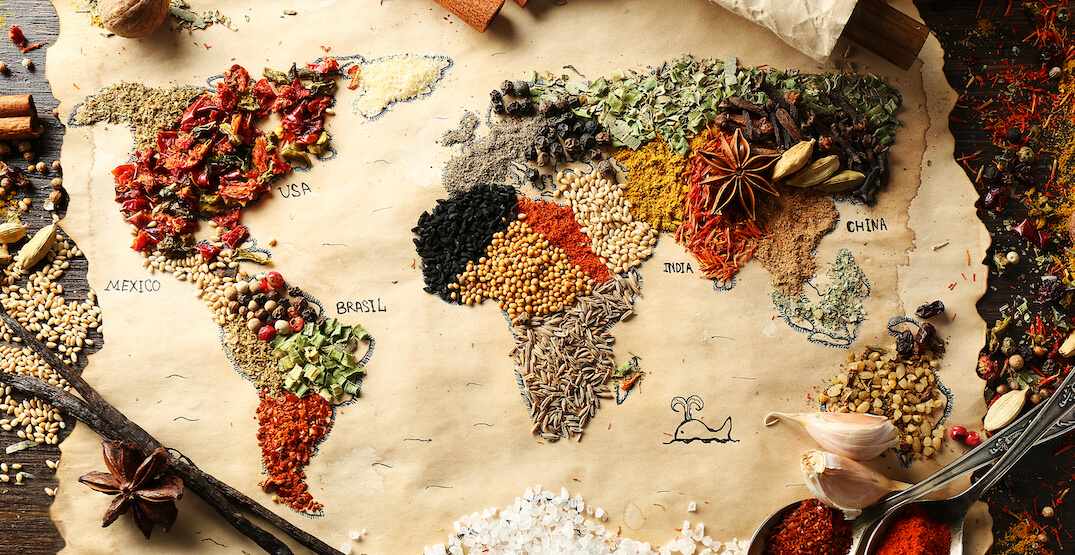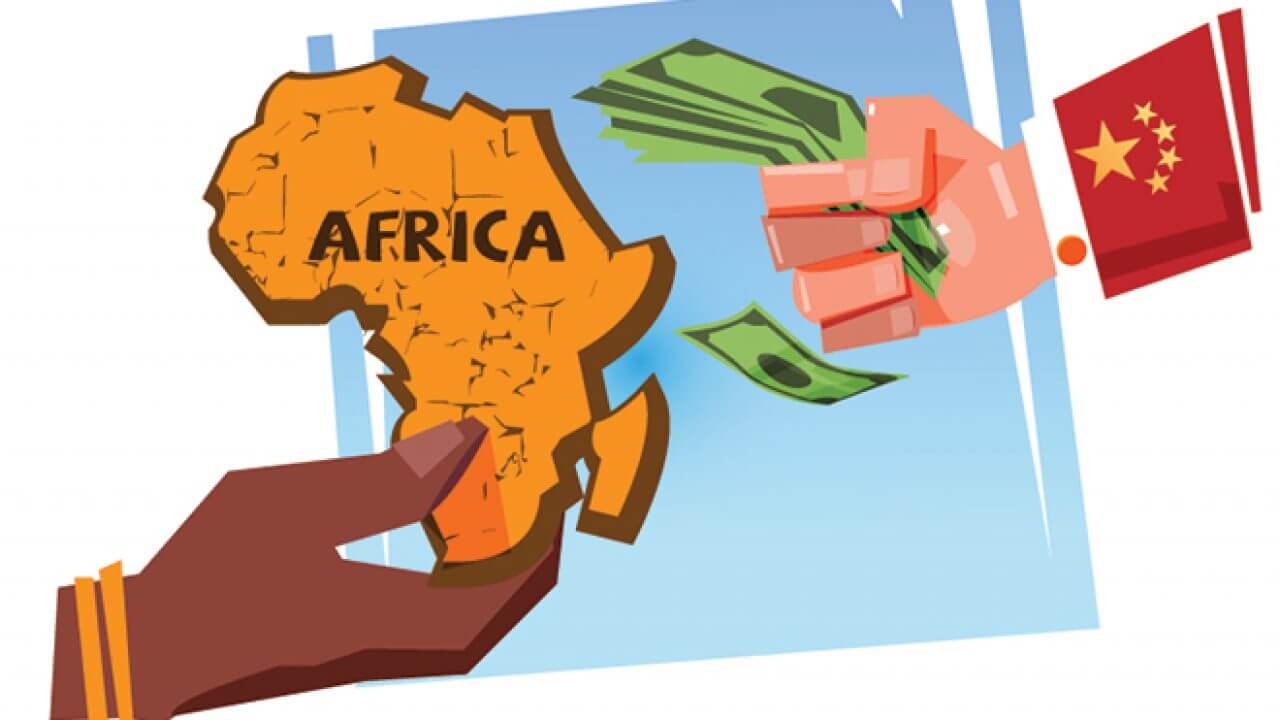Record high food prices have triggered a global crisis that will drive millions more into extreme poverty, magnifying hunger and malnutrition, while threatening to erase hard-won gains in development.
According to the latest World Bank Food Security Update, the war in Ukraine, supply chain disruptions, and the continued economic fallout of the COVID-19 pandemic are reversing years of development gains and pushing food prices to all-time highs.

“Rising food prices have a greater impact on people in low- and middle-income countries, since they spend a larger share of their income on food than people in high-income countries,” the World Bank update said.
This brief looks at rising food insecurity and World Bank responses to date.
Domestic food price inflation remains high around the world. Information from between April and July 2022 shows high inflation in almost all low- and middle-income countries; 92.9% of low-income countries, 92.7% of lower-middle-income countries, and 89% of upper-middle-income countries have seen inflation levels above 5%, with many experiencing double-digit inflation.
The share of high-income countries with high inflation has also increased sharply, with about 83.3% experiencing high food price inflation.
As of August 11, 2022, the Agricultural Price Index was 1% higher than two weeks ago. Both maize and wheat prices are 2% higher compared to January 2022, while rice prices are about 6% higher. Compared to the January 2021 average, maize and wheat price indices are 20% higher, while the rice price index is 16% lower (See “pink sheet” data for agricultural commodity and food commodity prices indices, updated monthly.)
According to the World Bank’s April 2022 Commodity Markets Outlook, the war in Ukraine has altered global patterns of trade, production, and consumption of commodities in ways that will keep prices at historically high levels through the end of 2024 exacerbating food insecurity and inflation.
Following the start of the war in Ukraine, trade-related policies imposed by countries have surged. The global food crisis has been partially made worse by the growing number of food trade restrictions put in place by countries with a goal of increasing domestic supply and reducing prices.
As of August 11, at least 23 countries have implemented 33 food export bans, and at least seven have implemented 11 export-limiting measures.
By June 2022 the number of acute food insecure people – whose access to food in the short term has been restricted to the point that their lives and livelihoods are at risk – increased to 345 million in 82 countries according to WFP.
In addition, WFP and FAO warned that acute food insecurity could worsen in 20 countries or areas during June to September 2022.
Rapid phone surveys done by the World Bank in 85 countries show a significant number of people running out of food or reducing their consumption in the first two years of the COVID-19 pandemic. Reduced calorie intake and compromised nutrition threaten gains in poverty reduction and health and could have lasting impacts on the cognitive development of young children.
World Bank Support
In the face of multiple crises, the World Bank is deploying short- and long-term responses to boost food and nutrition security, reduce risks, and strengthen food systems.
In May, the World Bank Group and the G7 Presidency co-convened the Global Alliance for Food Security, which aims to catalyze an immediate and concerted response to the unfolding global hunger crisis.
As part of a comprehensive, global response to the ongoing food security crisis, the World Bank Group is making up to $30 billion available in existing and new projects in areas such as agriculture, nutrition, social protection, water and irrigation.
This financing will include efforts to encourage food and fertilizer production, enhance food systems, facilitate greater trade, and support vulnerable households and producers.






